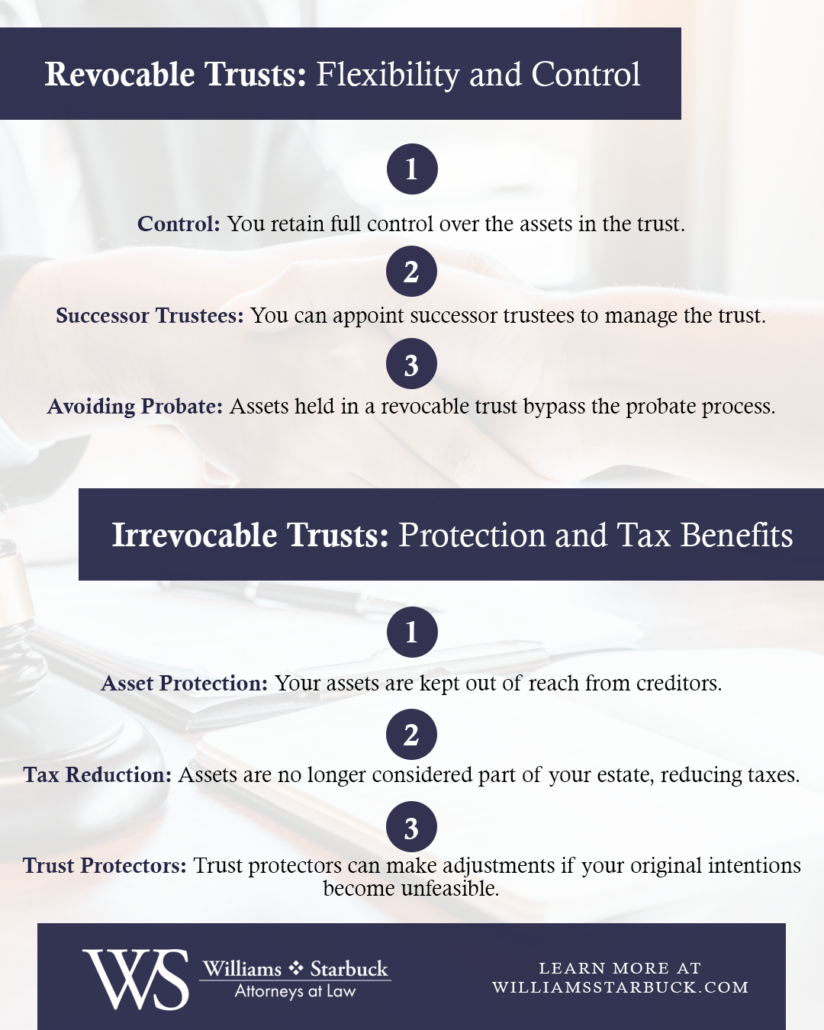Special needs planning is crucial for providing ongoing support while maintaining eligibility for essential government benefits. Here’s a breakdown of key aspects and steps to creating an effective plan.
Key Aspects of Special Needs Planning
- Special Needs Trust: Set up a special needs trust to offer financial support without affecting eligibility for benefits like Medicaid and SSI. This trust ensures access to funds for care and personal needs.
- Long-Term Care: Plan for ongoing care expenses, including medical needs, housing, and personal support services. Make sure your financials can cover these long-term requirements.
- Choosing a Trustee: Pick a trustworthy and capable trustee to manage the special needs trust. This person or institution will handle funds appropriately, aligned with your loved one’s needs.
- Government Benefits: Learn how your financial plans affect eligibility for government assistance. Adjust your strategies to ensure uninterrupted support for your loved one.
Steps to Create a Plan
- Consult with an Attorney: Work with an attorney who specializes in special needs planning to develop a comprehensive plan that addresses all aspects of your loved one’s future.
- Set Up a Special Needs Trust: Create a trust that will provide financial support while preserving eligibility for government benefits. Structure the trust to meet your loved one’s specific needs.
- Develop Financial and Care Plans: Outline how to use funds and manage care. Include provisions for any unexpected changes.
- Communicate with Family Members: Discuss your plans with family members to ensure everyone understands their role and responsibilities in your loved one’s care.
- Review and Update Regularly: Periodically review and update to reflect changes in your loved one’s needs or financial situation.
Get Support Now
These steps are vital for ensuring a stable and supportive future for your loved one. For personalized guidance, contact Drew Starbuck at Williams Starbuck Attorneys at Law at 720-320-7755 to schedule a consultation and secure your loved one’s future.

